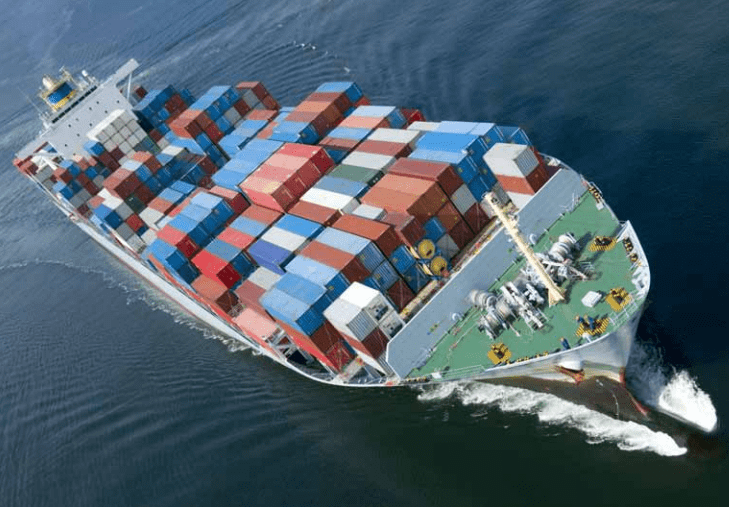Switzerland‘s imports increased at a year-on-year rate of 12.3% in 2022, to $246.94 billion, according to data from that nation’s General Administration of Customs.
Switzerland and Liechtenstein form a customs union; they have a common currency; and their policies are harmonized in a number of areas. Both economies are members of the European Free Trade Association (EFTA), under whose auspices they have concluded a wide range of Regional Trade Agreements (29 RTAs with 39 economies).
On the contrary, Swiss exports were $293.13 billion in 2022, a growth of 3.2% year-on-year.
Liechtenstein is in an exceptional position due to its participation in the customs union with Switzerland (covering goods) and, at the same time, its participation in the European Economic Area (EEA).
During the last five years, new EFTA RTAs entered into force with Georgia, the Philippines, Ecuador and Indonesia, and existing EFTA RTAs with Israel and Turkey were revised.
Switzerland concluded a new RTA with the United Kingdom (the goods aspects of which apply to Liechtenstein).
Another RTA was also concluded between the EEA EFTA members and the United Kingdom (non-goods aspects of which apply to Liechtenstein).
Imports
According to information from the World Trade Organization (WTO), a major customs reform initiative is underway in Switzerland, which aims to address future challenges associated with increased traffic and trade, as well as to take advantage of digitalization opportunities.
The result will be, among other things, improved customs security measures and the introduction of a fully operational single window system (Passar) to replace the existing systems (e-dec and the New Computerized Transit System -NCTS).
Switzerland carries out customs clearance operations, including the collection of taxes and duties, at Liechtenstein customs posts on its behalf.
Swiss imports of goods changed thus in recent years: 2018 ($206.32 billion), 2019 ($206.3 billion), 2020 ($193.51 billion) and 2021 ($219.88 billion).
Oppositely, exports were as follows: 2018 ($238.49 billion), 2019 ($243.8 billion), 2020 ($239.71 billion) and 2021 ($284.17 billion).
The Switzerland-Liechtenstein Tariff comprises exclusively specific rates. The arithmetic average of tariffs in 2021 was 7.2%, based on estimates of ad valorem equivalents.
High tariffs are applied to agricultural products (arithmetic average applied tariffs of 25.4%, with tariffs ranging from 0 to 671.3 percent).
![]()

